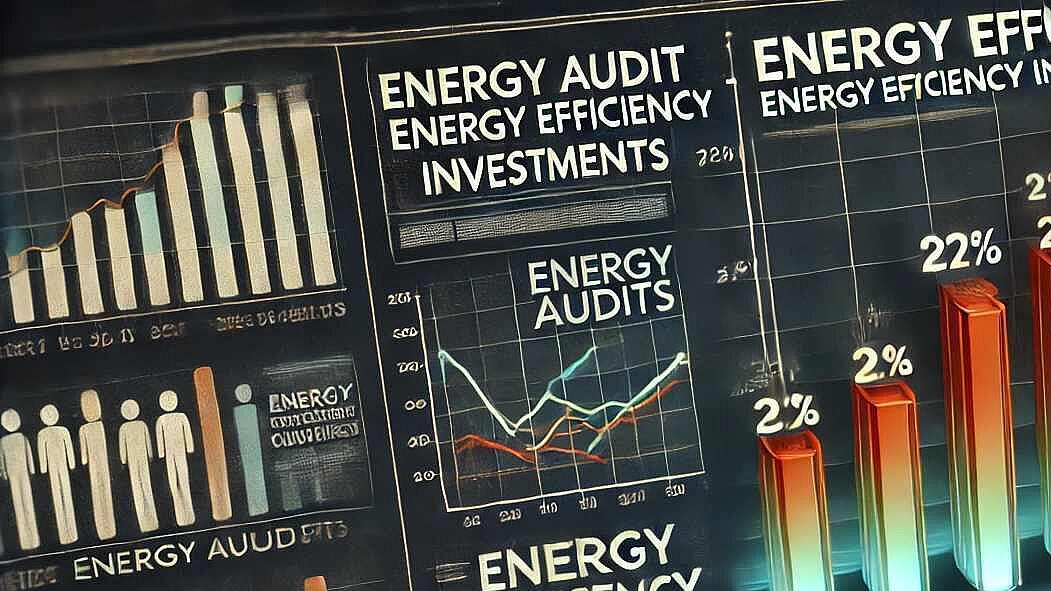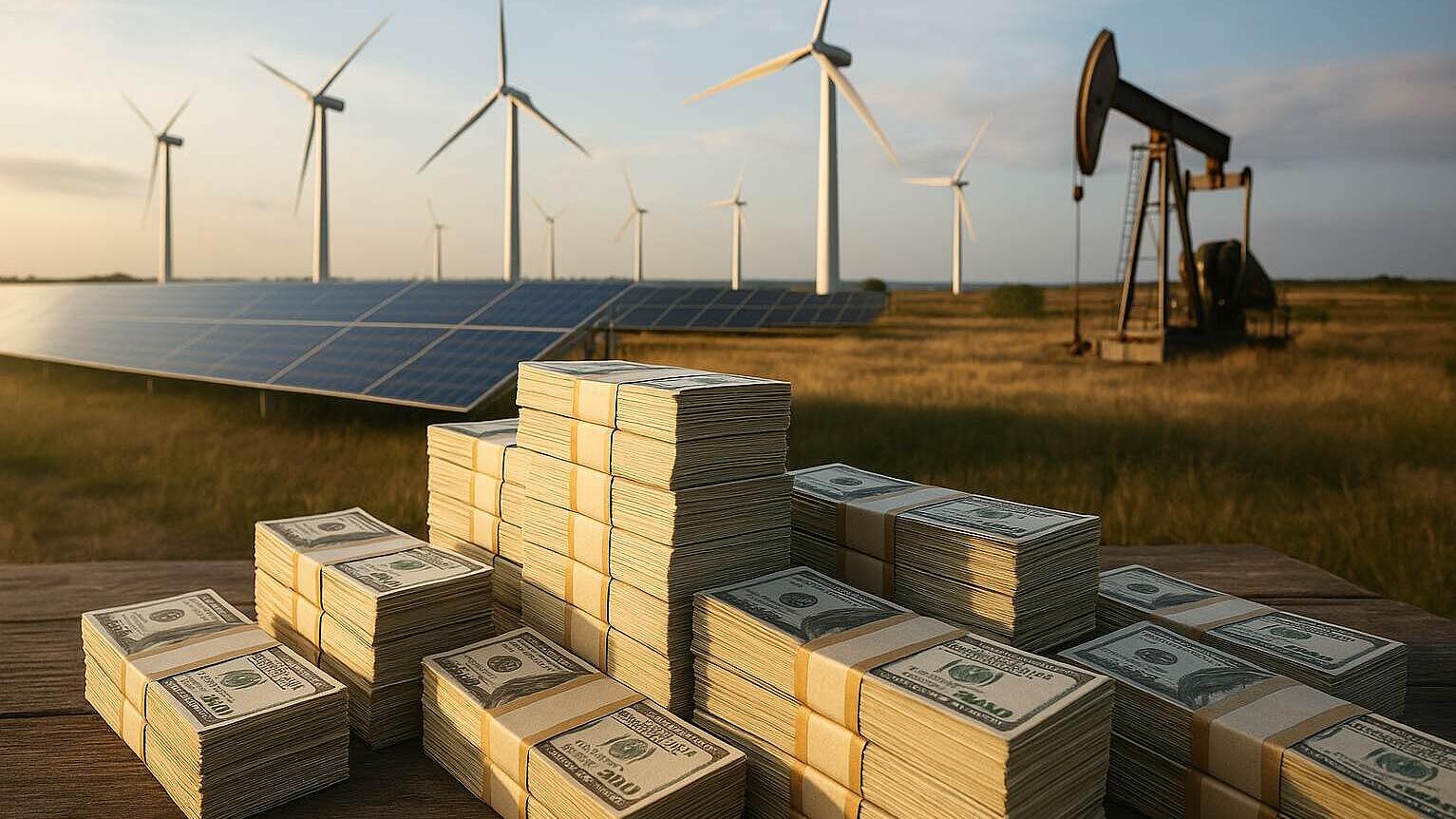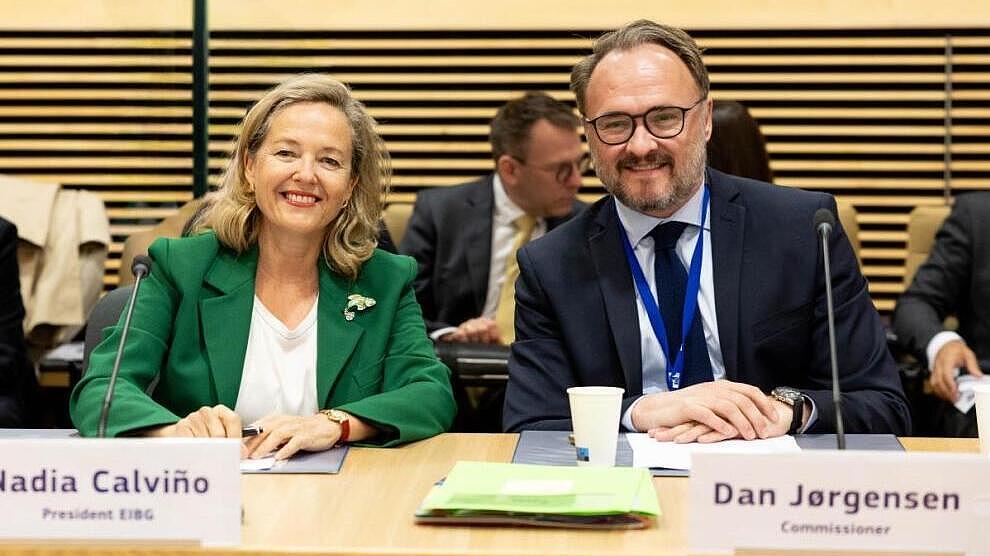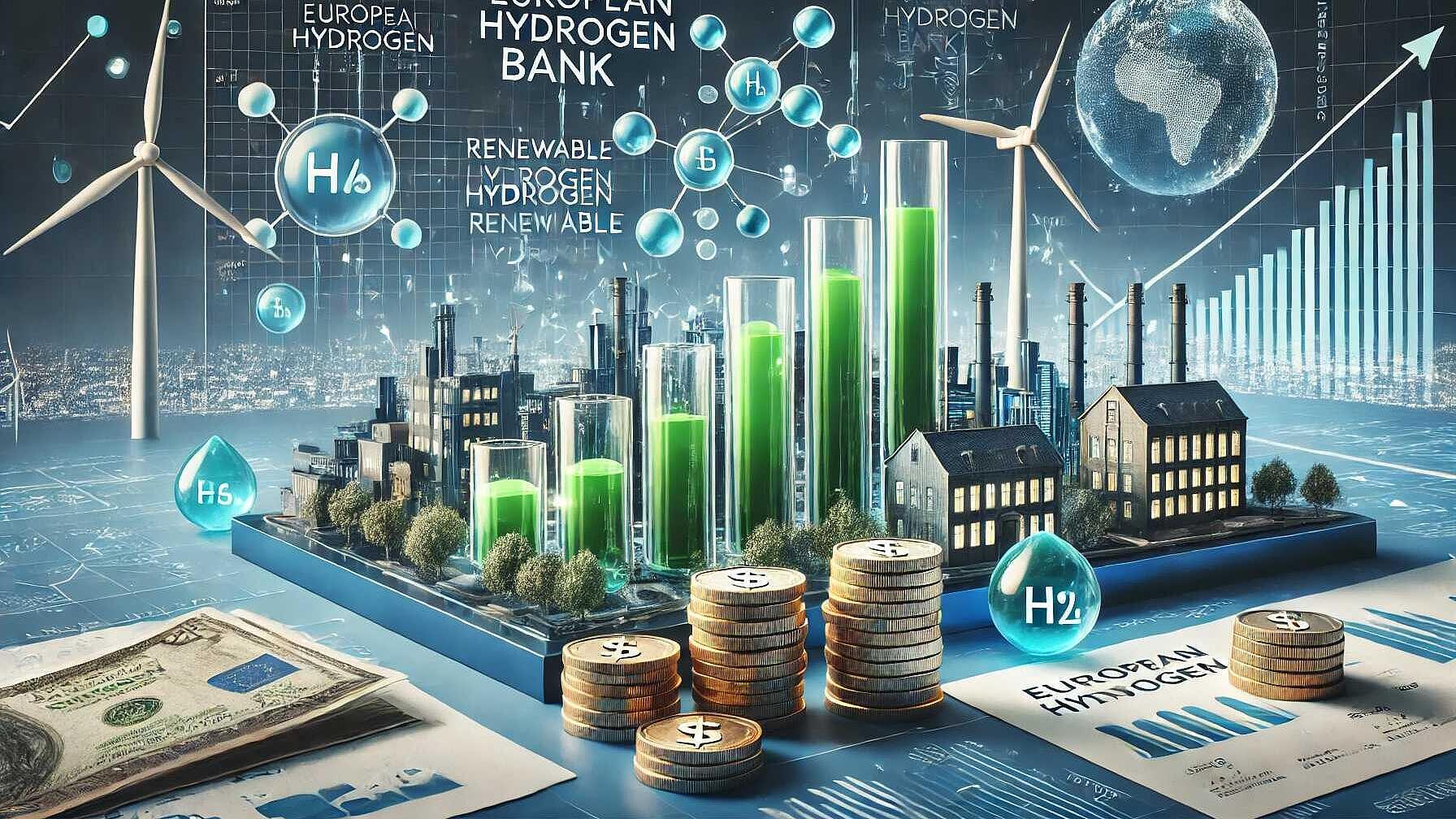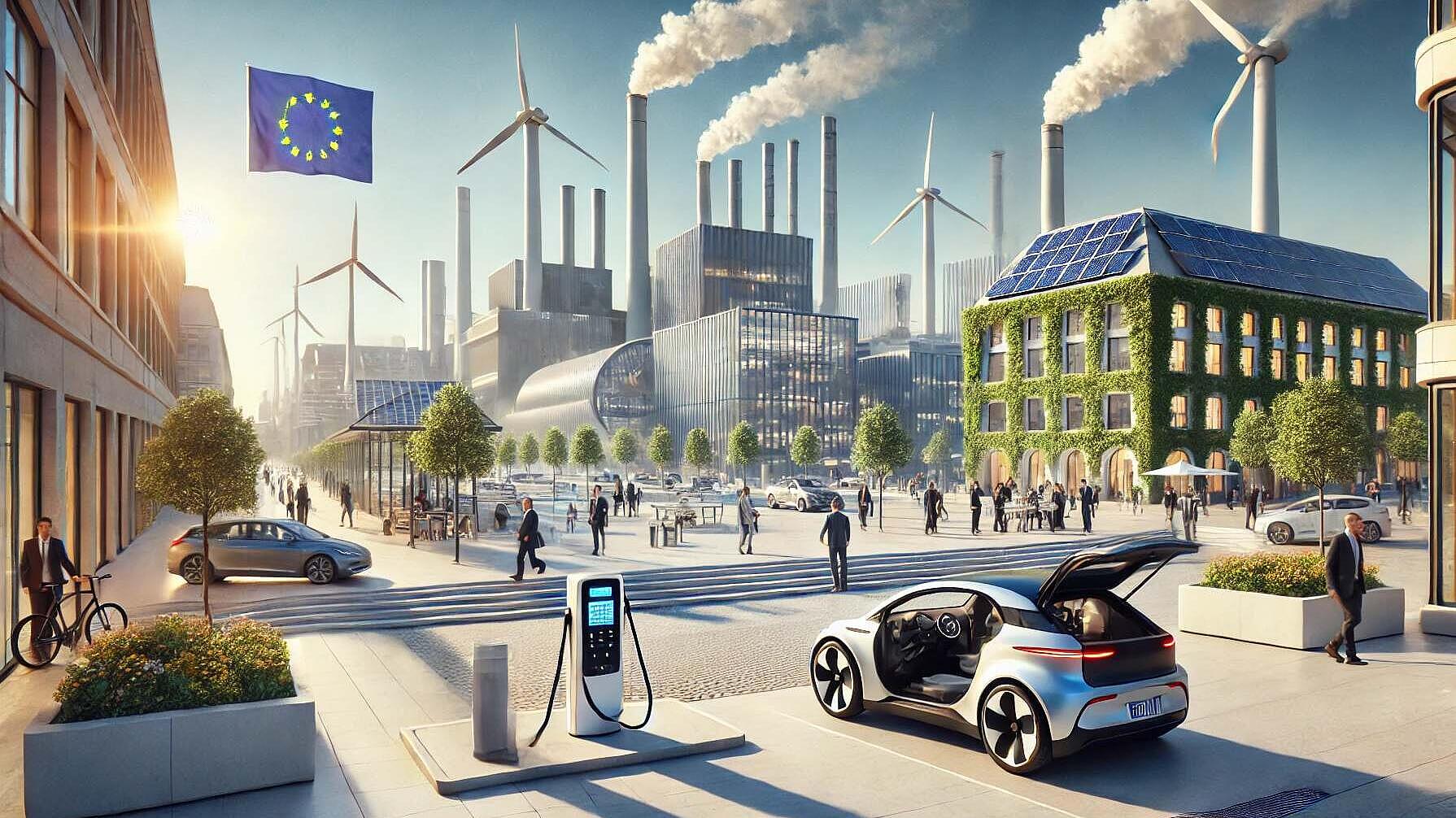 Finance & Economics
Finance & EconomicsFinance & Economics
Energy audits are becoming crucial for SMEs in managing energy consumption and cutting costs. These assessments detail a company's energy use, identifying efficiency improvements and savings opportunities, particularly valuable for SMEs with less resources than larger corporations. The European Investment Bank's data indicates that firms that have undergone an energy audit are 1.5 times more likely to invest in energy efficiency, with manufacturing and services sectors showing nearly double the likelihood. Smaller firms benefit disproportionately from energy audits as these audits impact their decision-making and investments significantly due to their higher relative energy costs and limited in-house energy management expertise. SMEs tend to adopt energy-efficient measures in support processes more than in production processes due to lower capital requirements and quicker returns. Additionally, innovative firms are more likely to implement recommendations from energy audits, improving their buildings and machinery quality standards. However, financial constraints can hinder the implementation despite the identified savings opportunities. Therefore, the availability of targeted financial resources for energy-efficiency investments is essential. In conclusion, energy audits are an essential step towards an energy-efficient business model for SMEs, enabling informed investment decisions, reducing costs, and contributing to sustainability, thereby shaping a more energy-efficient economy.
Read Full articleInnovative financial solutions to fight energy poverty
How social housing associations and EU projects are using innovative financial and solidarity mechanisms to combat energy poverty, emphasizing the dual benefit of social welfare and environmental sustainability through the refurbishment of buildings for energy efficiency.
Read Full articleBusiness Value Through Industrial Symbiosis
A new framework evaluates industrial symbiosis, showing cost savings, revenue growth, risk reduction, and intangible benefits, advocating strategic partnerships and regulatory navigation for long-term sustainable advantage.
Read Full articleHow Global Energy Investment Transformed from 2019 to 2025
From 2019 to 2025, global energy investment shifted dramatically towards clean energy, with investments doubling and surpassing fossil fuels. Solar power, driven by cost declines and technological advances, became the largest investment segment. However, while investment in renewables aligned with climate goals, grid investments lagged, creating bottlenecks. Surprisingly, AI data centers increased demand for reliable baseload power, reviving interest in nuclear and gas. Distributed solar grew in emerging markets independently of policy, reshaping economic dynamics, yet clean energy deployment remained unequal globally.
Read Full articleUnlocking the Potential of Industrial Symbiosis: Strategies for Sustainable Project Development
The CORALIS guidelines address financing and risk mitigation for Industrial Symbiosis (IS) projects, offering a structured process to enhance stakeholder relationships, align with regulatory frameworks, and improve project implementation for sustainable industrial operations.
Read Full articleMore support being given to SMEs in Europe to become more energy efficient
The European Investment Bank Group, with European Commission support, will provide €17.5 billion in financing for over 350,000 European SMEs to enhance energy efficiency, nearly doubling current aid, aiming for a total investment of over €65 billion by 2027.
Read Full articleBoosting the Hydrogen Revolution: The Role of a European Hydrogen Bank
The EU aims to produce and import 20 million tonnes of renewable hydrogen by 2030 to achieve climate targets. The European Hydrogen Bank, integral to REPowerEU, supports this via subsidies and market integration. Investments in hydrogen technologies foster innovation, job creation, and international cooperation, enhancing energy security and global leadership in clean energy transitions.
Read Full articleUnlocking the Value of Industrial Symbiosis: A Comprehensive Guide to Pricing and Business Value
The article outlines approaches and a framework for pricing in industrial symbiosis, stressing fair and sustainable mechanisms, considering costs, earnings, risks, and value beyond economics for successful circular economies.
Read Full articleIndustrial Symbiosis: A Transformative Approach for Sustainable Industry
The CORALIS report on industrial symbiosis (IS) highlights its benefits, like reducing CO2 emissions and waste through cross-sector collaboration. Successful cases and digital platforms facilitate IS, but adoption challenges persist. Future IS policies could further sustainability and create jobs in new industries.
Read Full articleRevitalizing Europe's Industrial Future: The European Commission's Strategic Vision for 2024-2029
The European Commission's strategy for 2024-2029 aims to revitalize Europe's industrial sector, address economic challenges, promote sustainability, advance technological sovereignty, ensure social fairness, and strengthen global partnerships for a resilient, prosperous EU future.
Read Full article